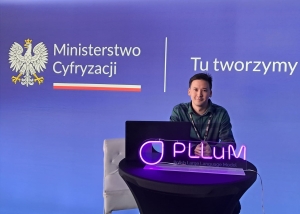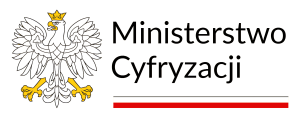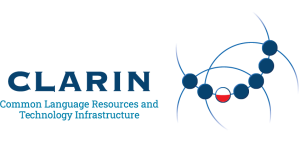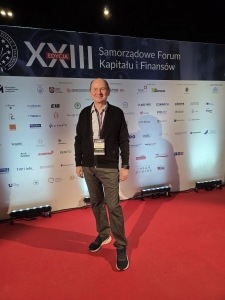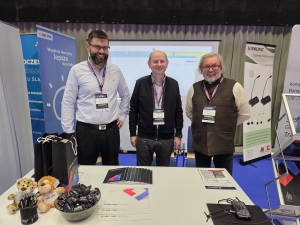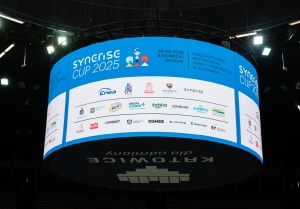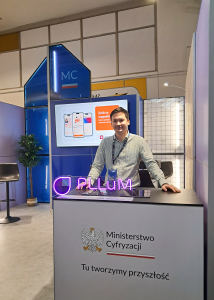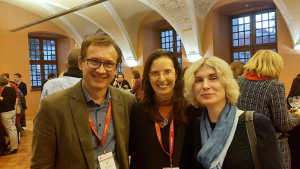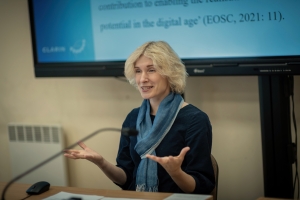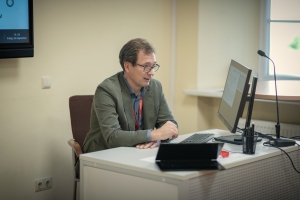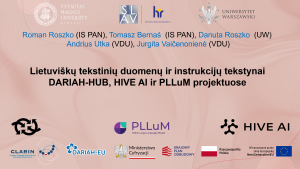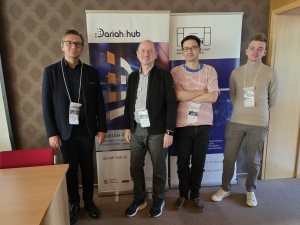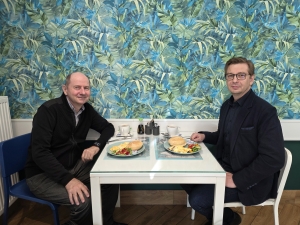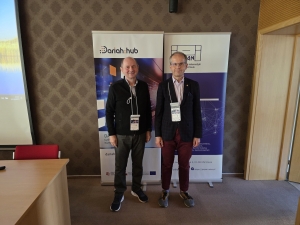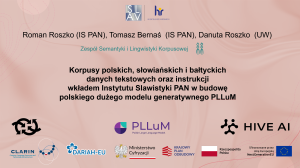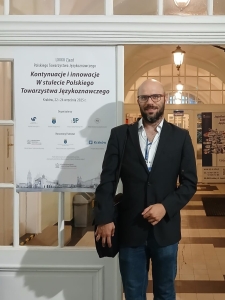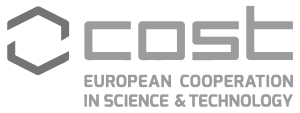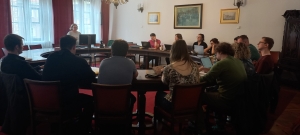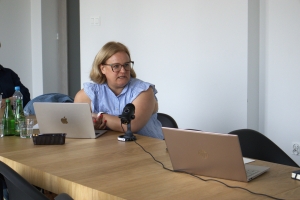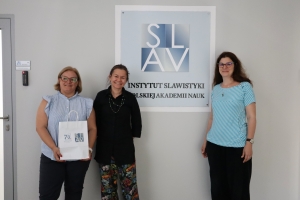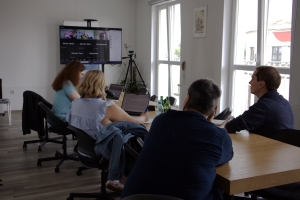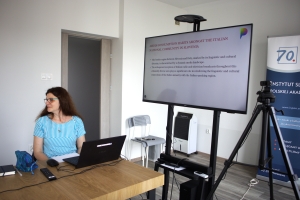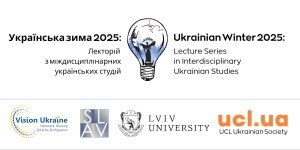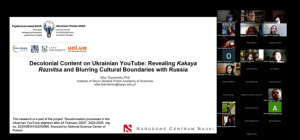

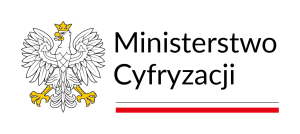
On October 21st, 2025, MS Valéry Trân Thiên of the Semantics and Computational Linguistics Team at ISS PAS represented the HIVE AI consortium at Masters and Robots Warsaw 2025. The event attracted experts, entrepreneurs, innovators, technologists, and leaders from renowned global academic institutions, associations, and technology blogs including Google, NYU Stern School of Business, Executive Coaching and Consulting Institute, Imperial Business School in London, Eindhoven AI Systems Institute, Copenhagen Business School, Queensland University of Technology, Human Future, and What’s Next? etc.
At the Ministry of Digital Affairs of Poland stand, Valéry Trân Thiên addressed visitor inquiries about the progress of artificial intelligence development within Poland. He discussed both commonalities and distinctions between prominent Polish generative models, Bielik and PLLuM. The majority of questions centered on the PLLuM model and its deployments in the municipal offices of Gdynia and Łódź.
Since 2024, the Semantics and Computational Linguistics Team of the Institute of Slavic Studies, PAS, has been actively involved in advancing artificial intelligence through participation in two major projects funded by the Ministry of Digital Affairs: PLLuM (“Responsible development of an open large language model PLLuM [Polish Large Language Universal Model] to support breakthrough technologies in the public and economic sectors, including an open-source Polish-language intelligent citizen assistant”) and HIVE AI (“HIVE AI: Development and pilot deployment of large language models in Polish public administration”). The team’s participation at prominent national and international events is a key component of wider efforts to promote the PLLuM family of Polish generative models.
